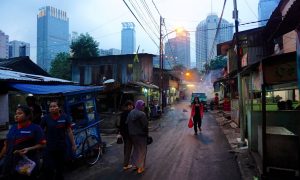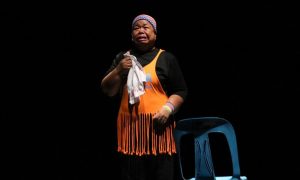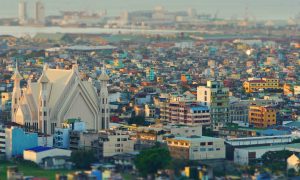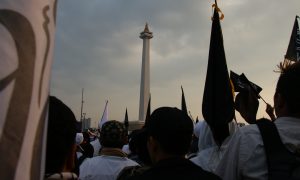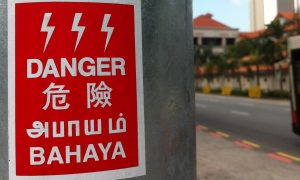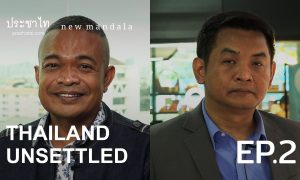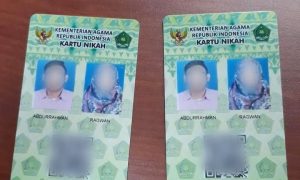A despatch from Brisbane, where an eclectic selection of Indonesian works stands out at the APT.
Archives
The uncomfortable intimacies of ‘Tao Po’
"We are drawn into the lives of four characters, each with a separate monologue"
Deadly answers: a review of ‘Tao Po’
"Many were emotionally triggered by this part-testimonial, part-theatrical, and part-documentary theatre"
‘Tao Po’: More than collateral damage
The play highlights "raw and conflicted stories based on real lives in the drug war".
‘Tao Po’: Is anyone there?
"Tao Po invites us to listen to four people’s intimate accounts of the [Philippines'] drug war."
‘Tao Po’: A new theatre of war
Introducing a series of short reflections on Tao Po, a one-person play that grapples with the Philippines' drug war.
Notes on 212 in 2018: more politics, less unity
The second reunion of the 2016 anti-Ahok rally was a show of force from FPI ahead of elections.
Southeast Asia’s ethnic crises in modernity
Some big-picture reflections on regime type, ethnic diversity, and ethnic exclusion.
Thailand Unsettled #2: Reconciliation (with Jatuporn Prompan and Suriyasai Katasila)—Part 1
How can Thailand “move on” from a decade of mass political contestation—unrest which was halted, but hardly resolved, by large-scale state violence and the military’s eventual seizure of power?
Lost in literature: the misuse of western sources and perspectives [Part III]
On the the misuse of western historical sources in the search for Suvarnabhumi.
Playing the marriage card in Indonesia
A proposal for marriage registration cards is an invitation for more moral surveillance of Indonesian citizens.
Rebellion and regret: talking to rural voters after GE14
The ‘new Malaysia’ is viewed with sceptical eyes in poor rural communities in Johor.
 Facebook
Facebook  Twitter
Twitter  Soundcloud
Soundcloud  Youtube
Youtube  Rss
Rss 